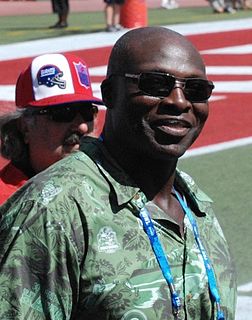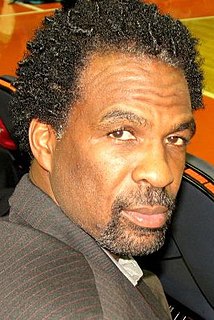A Quote by Markus Zusak
That's typically what writers do; we just sit around complaining most of the time. And the better things are going, the more they complain.
Related Quotes
I told [a big investor in The New Yorker] - I was complaining the way writers complain.I said`[Bill Shawn] pays very well, but a lot of my pieces don't get in,' and that was true of most of the writers there.But he pays you for them, that was very nice of him. This guy didn't think it was very nice. He figured, `Oh, my God, that's more of my investment gone,' and paying money to writers for not printing them. That became, apparently, one of his weapons against Shawn when he - in the corporate skirmishes that went on. It was a bad mistake on my part.
Most people do not realize that as they continue to find things to complain about, they disallow their own physical well-being. Many do not realize that before they were complaining about an aching body or a chronic disease, they were complaining about many other things first. It does not matter if the object of your complaint is about someone you are angry with, behavior in others that you believe is wrong, or something wrong with your own physical body. Complaining is complaining, and it disallows improvement.
It's both a blessing and a curse. It's great having that goal and never settling, but at the same time I am rarely satisfied with things. I usually walk off stage thinking I can do better next time, it has to be more, more, more. Sometimes you have to just sit down and be like, "I'm in New York right now doing what I love." Look at all these things - I won a EMA last week.
You were born with the seeds of your talent, the ability to observe the world around you and weave piece of it into a story. I believe that most -- if not all -- people are born with these seeds. What separates the writers from the non-writers is that the writers actually sit down and, you know... write.
One day I was complaining to Bill Coltrin about what I thought was an unfair article about our team. I was going to call the writer and complain to him. Bill told me, "If you plan to stay in this business (coaching), you need to realize a couple of things about the press. One, whatever is written, it will probably be forgotten in two or three days by the public; and two, if you complain or make an enemy of the writer, just remember you may have your 'day in the sun,' but he/she is going to press 365 days a year." I have never forgotten that.
I'm still a tomboy. I mean, I obviously dress it up slightly more, but when I'm just me, I'm still very casual. I love comfort. Comfort is very key to me because I spend most of my time in very uncomfortable things, so it's all about trainers and flats. On a shoot, if they're like, "Play around a bit," I'm going to be climbing on top of things and jumping off, and people are going to be trying to stop me, like, "You mucked this up," and, "You're going to hurt yourself," while I'm flying around in heels, just being crazy.
One of the great things about the longer you do a character, the more the writers start to understand your kind of character ticks and things that you like to do. The most exciting thing I think for a writer is when the characters just start speaking for themselves. You sit down at your keyboard and just stuff starts jumping out of their mouths. They just sort of wrote the scripts for themselves.
I might spend 100 pages trying to get to know the world I'm writing about: its contours, who are my main characters, what are their relationships to each other, and just trying to get a sense of what and who this book is about. Usually around that point of 100 pages, I start to feel like I'm lost, I have too much material, it's time to start making some choices. It's typically at that point that I sit down and try to make a formal outline and winnow out what's not working and what I'm most interested in, where the story seems to be going.



































